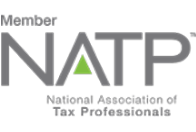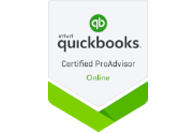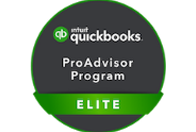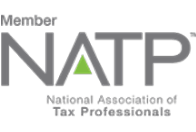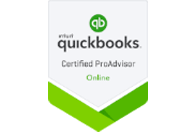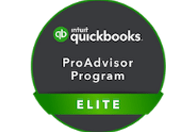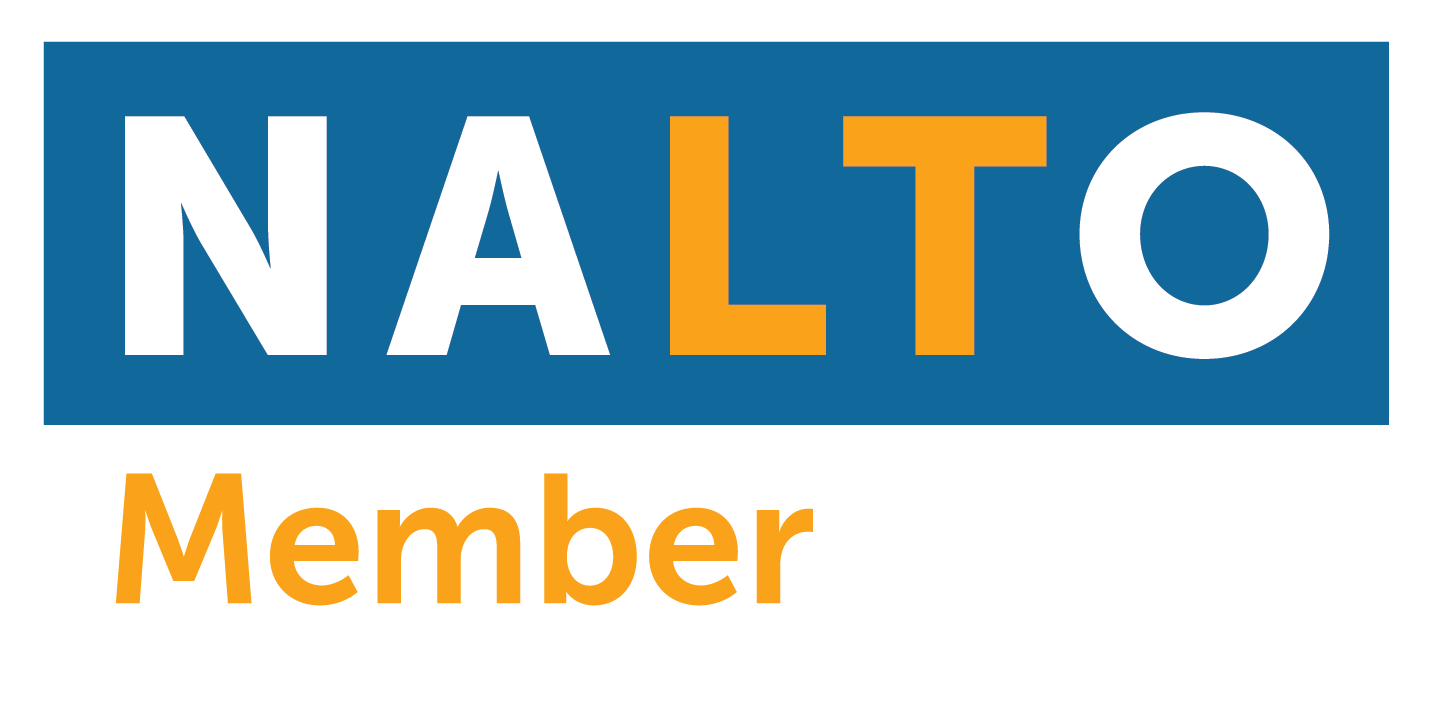Does your profession or your business require you to attend training courses or seminars to keep you up to date with the latest practices or technology? Or do you simply want to constantly improve and become better in your trade? Read on because the cost you spent on this kind of education might save you some taxes if they qualify as deduction.
IRS Rules on Educational Expense
According to the Internal Revenue Service (IRS), you may be able to deduct expenses on educational programs if it passes these two tests:
Test No. 1:
- The education program or training must maintain or improve your work-related skills, or your employer or the law requires it to keep your profession or employment.
Most regulated professionals such as physicians, nurses, CRNAs, flight attendants, engineers, brokers, lawyers, accountants, and other licensed individuals are required to undergo continuing education programs or trainings to renew their licenses or secure re-certification. Costs spent for these continuing education programs and trainings are qualified deductions.
Deductible educational expenses can include the following costs:
- Tuition fee, books, supplies, laboratory fees.
- Seminar and training fees.
- Work-related informative subscriptions.
- Online web development courses
Also, if a qualified training or education program will require you to temporarily travel away from home, the transportation costs, accommodation, meals, and other related expenses may also be deductible. Temporary travel for this purpose is less than a year.
Bonus: The fees incurred for the renewal of your licenses, certifications, or credentials are also tax deductible!
Test No. 2:
- The education program must not qualify you for a new trade or business or should not be a minimal educational requirement for your current trade or business.
The IRS strictly observes the second rule. It is important to note that even if the education program passes the first test, it will be disallowed as a deduction if it will qualify you for a new trade or business or it is considered a minimum requirement for your current trade.
Let’s say John, an engineering graduate, is hired by a construction company to assist with their project management team. His company requires him to pass the engineering board exam to keep his employment. John attended a board review program and took the licensure examination. He successfully passed the exam and was able to keep his employment.
In John’s case, the costs he spent to be a licensed engineer including the board review program will not qualify as deductions. Courts have ruled that passing any licensure examination is a qualifying program for a new trade or business. Hence, even if John’s employer required him to be a licensed engineer to keep his employment (passed the first rule), it cannot be deducted since it qualified him to a new trade or profession (failed the second test).
Missing a deduction and tax savings? Contact us toll-free (855)529-1099 or make an appointment and let our tax experts guide and help you stay compliant with the IRS’ tax rules and regulations.
Want to learn more?
You may want to consult and work with 1099 Accountant – We offer online bookkeeping, online advisory services and online tax and accounting services. We offer reasonable rates. We only work with independent contractors, freelancers, and one-person business. We work with locum tenens from California to New York City and everywhere in between. Yes, even Hawaii!
Contact us toll-free (855)529-1099 or make an appointment for a free consultation. Contact Us

